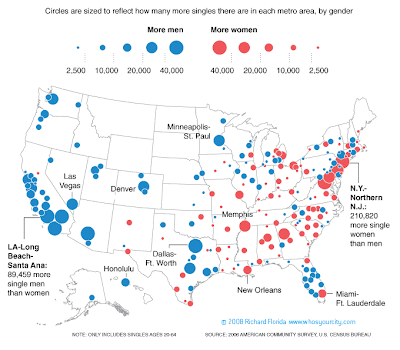 A clandestine network of young rebels with digital cameras, USB disks and illegal connections to the web are challenging Cuban authorities, broadcasting news that the official state media try to hide and all sort of censored videos, articles and images.
A clandestine network of young rebels with digital cameras, USB disks and illegal connections to the web are challenging Cuban authorities, broadcasting news that the official state media try to hide and all sort of censored videos, articles and images.
Last month, students from a well known computer science’s University recorded live an incident with Ricardo Alarcón, president of the National Assembly, where he was confronted with students asking why they couldn’t travel abroad, sleep in hotels, have better wages or use search engines like Google. This video was largely broadcasted all over Cuba. Other similar episodes were broadcasted and spread in the web. Cuban authorities are limiting public access to the Internet and to digital videos, taking off no authorized satellite antennas and reducing the number of cyber cafés available to Cubans. In old Habana, we can only find one cyber café, while two years ago we could find more three. They were converted into “postal servicesâ€, allowing sending electronic messages through a close network in the island, with no connections to the Internet. There’s a small room in Capital, the official café, that charges 3, 25€ (a third of an average Cuban month income) for an hour.
However, the government actions and intentions of controlling Internet access are becoming ineffective. The young rebels create and assure a prosperous black market that gives Internet access to some thousand Cubans. They use illegal satellite antennas, sell movies and short films recorded in CDs; take advantage of the enterprises Internet connection; share USBs; employees with permission to connect to the web sell their usernames and passwords, so others can use it by night. In fact, human imagination has no barriers when obstacles need to be overcome.
Even the main computer sciences school of the country, Facultad de Ciencias de la Información, used previously by the Cuban secret services is now used as the rebel’s headquarters. Students download and broadcast wherever they can get, spreading it all over Cuba; create blogs and websites using foreign ISP and servers. The Internet became the only field with no regulation, being used as a struggle medium, to resist and to mobilize. It’s amazing how Internet is a source of censorship and surveillance, but simultaneously a new source of battle and (who knows) revolution. It is a tool, used for both good and ill.


